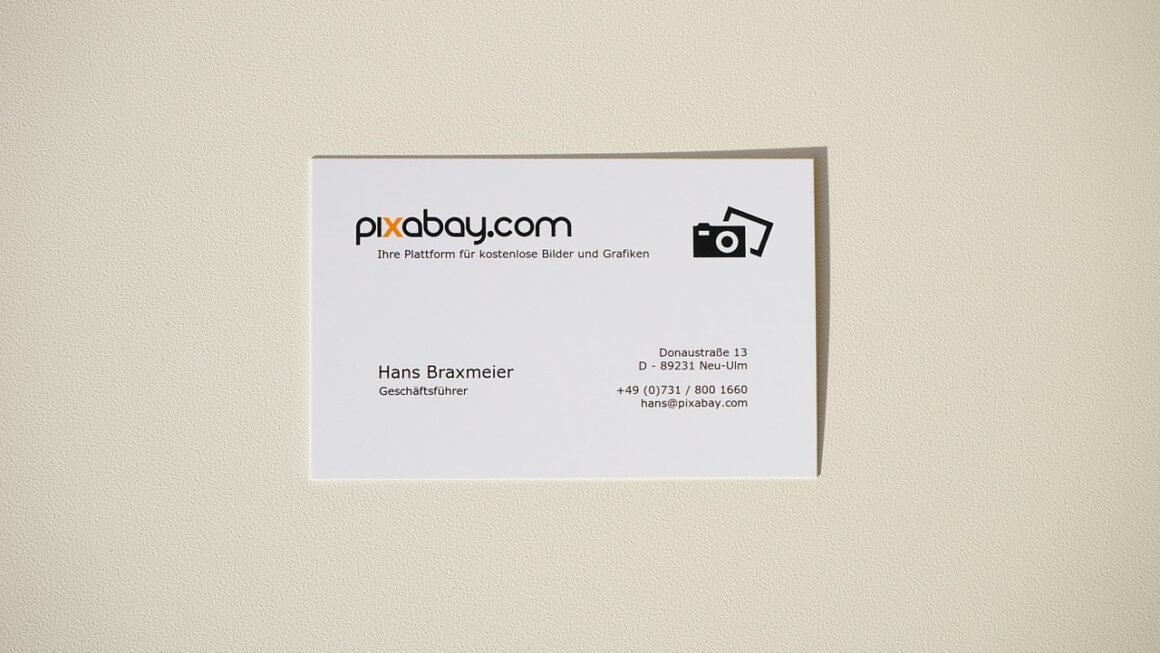In a world increasingly aware of the environmental and social challenges we face, the concept of sustainability has emerged as a crucial focal point for individuals, businesses, and governments alike. Sustainability encompasses practices that meet our current needs without compromising the ability of future generations to meet their own. It is not just a trend; it has become a necessity for a healthy planet and society. This blog post explores the multifaceted nature of sustainability, its importance, and practical steps we can take to incorporate it into our lives.
What is Sustainability?
Sustainability refers to the ability to maintain healthy environmental, social, and economic systems in balance, while meeting the needs of our current population without compromising the ability of future generations to meet theirs. It encompasses three core pillars:
The Three Pillars of Sustainability
- Environmental Sustainability: Preserving natural resources and ecosystems.
- Social Sustainability: Promoting equality, diversity, and community well-being.
- Economic Sustainability: Supporting long-term economic growth while reducing environmental impact.
The Importance of Sustainability
Adopting sustainability practices is crucial for several reasons:
Key Benefits of Embracing Sustainability
- Environmental Protection: Utilizing resources more efficiently helps combat climate change and loss of biodiversity.
- Enhanced Quality of Life: Sustainable practices often lead to healthier communities and improved well-being.
- Economic Advantages: Sustainability can result in cost savings, increased productivity, and market competitiveness.
- Social Responsibility: Committing to sustainable practices enhances a brand’s reputation and ensures ethical operations.
Practical Ways to Incorporate Sustainability in Daily Life
Everyone can contribute to sustainability practices. Here are several practical strategies to implement in daily life:
1. Reduce, Reuse, Recycle
- Reduce: Minimize waste by avoiding single-use plastics and bulky product packaging.
- Reuse: Opt for reusable bags, containers, and water bottles.
- Recycle: Familiarize yourself with local recycling rules to properly dispose of materials like paper, glass, and metals.
2. Make Sustainable Choices
- Food: Choose locally sourced and organic products to reduce carbon footprints.
- Transportation: Use public transportation, carpool, bike, or walk whenever possible.
- Energy: Unscrew the light bulbs and replace them with energy-efficient options like LEDs.
Sustainable Practices in Business
Developing a sustainability plan is essential for businesses aiming to reduce their environmental impact. Here are some key strategies:
Strategies for Businesses
- Eco-Friendly Products: Develop and offer products that are environmentally friendly.
- Energy Efficiency: Invest in energy-efficient appliances and renewable energy sources.
- Sustainable Supply Chain: Partner with suppliers committed to sustainable practices.
Statistics and Trends in Sustainability
The global transition towards sustainability is accelerating. Consider these compelling statistics:
- According to a report by McKinsey, businesses that have integrated sustainability into their practices can experience a growth of 5-20% in revenue.
- Studies show that 77% of consumers are more likely to purchase from companies committed to ‘green’ product initiatives.
- The renewable energy sector is projected to create up to 24 million jobs worldwide by 2030.
Conclusion
Sustainability is not merely a buzzword but a vital approach to preserving our planet for future generations. By understanding the principles of sustainability and implementing practical strategies in our daily lives and businesses, we foster a healthier environment, enhance social equity, and promote long-term economic wellness. Remember, every sustainable action counts, and collectively, we can make a significant impact towards a more sustainable future.




